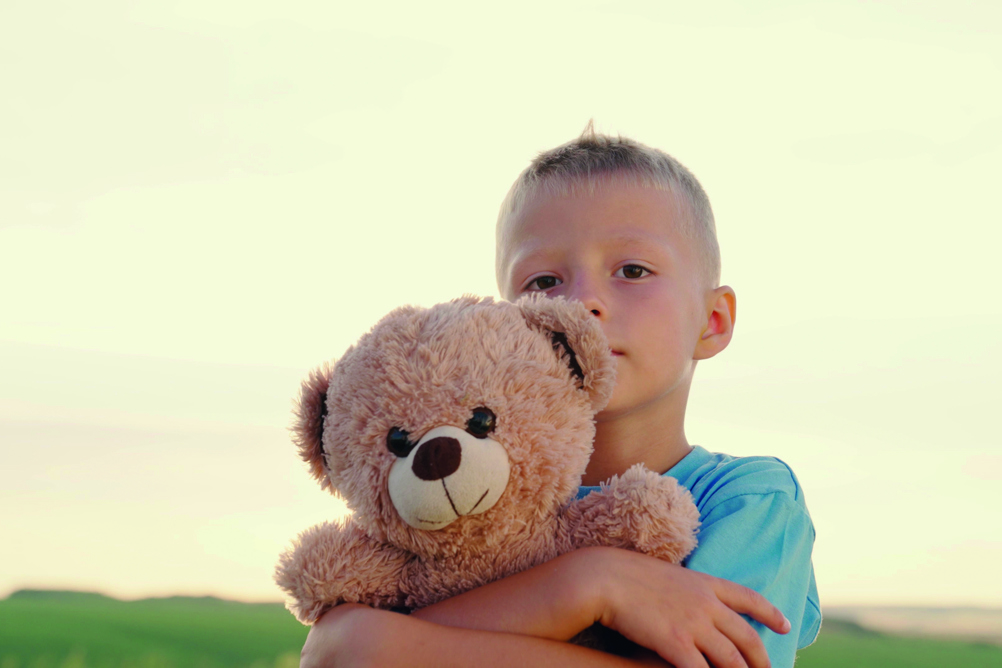
Each year, around 41,000 children experience the death of a parent. Many of these children are in nursery settings, surrounded by caring practitioners who have received no formal training in how to support a bereaved child.
The Anna Freud Centre found that almost half of the 900 nursery practitioners who responded to its survey had worked with children who had experienced the bereavement of either a parent or sibling. And more than 50 per cent of them had not received any additional early years mental health training.
‘Our survey also found that 12 per cent of practitioners had worked with a child who had lost a family member due to coronavirus. There is high demand for knowledge, support and training in this area, especially after a year where death has played such a prominent role in so many people’s lives,’ explains Camilla Rosan, head of early years programme at the Anna Freud Centre, which has put on webinars to support practitioners with the key issues affecting children in their care.
Register now to continue reading
Thank you for visiting Nursery World and making use of our archive of more than 35,000 expert features, subject guides, case studies and policy updates. Why not register today and enjoy the following great benefits:
What's included
-
Free access to 4 subscriber-only articles per month
-
Unlimited access to news and opinion
-
Email newsletter providing activity ideas, best practice and breaking news
Already have an account? Sign in here
